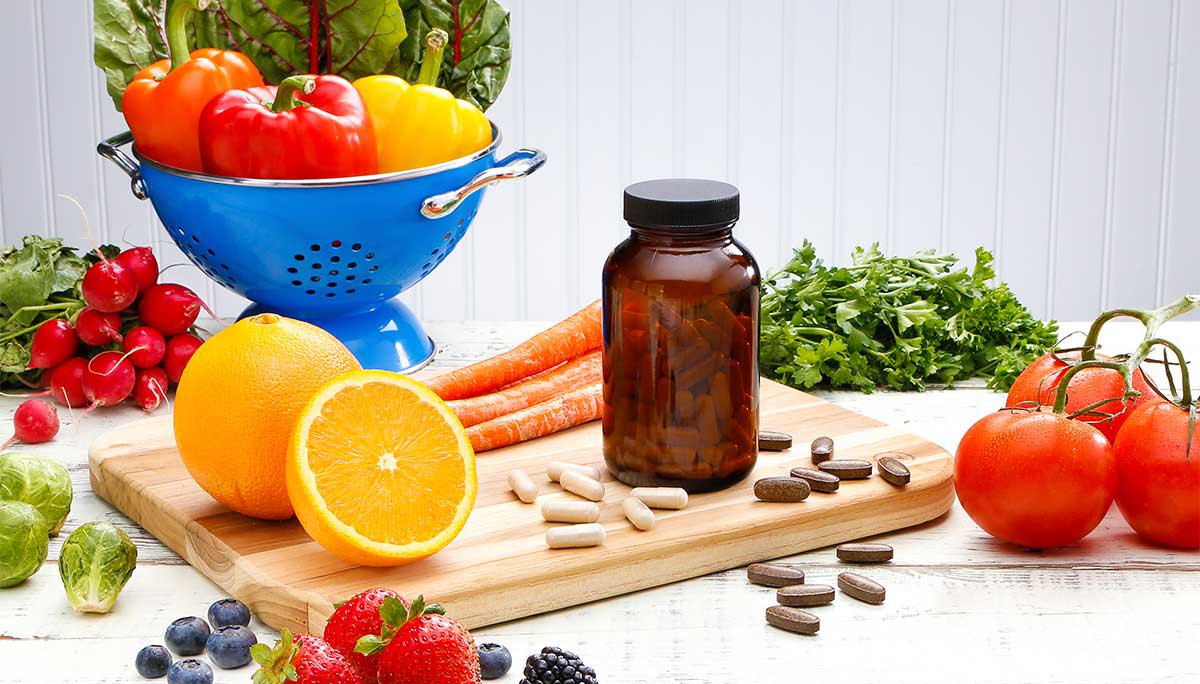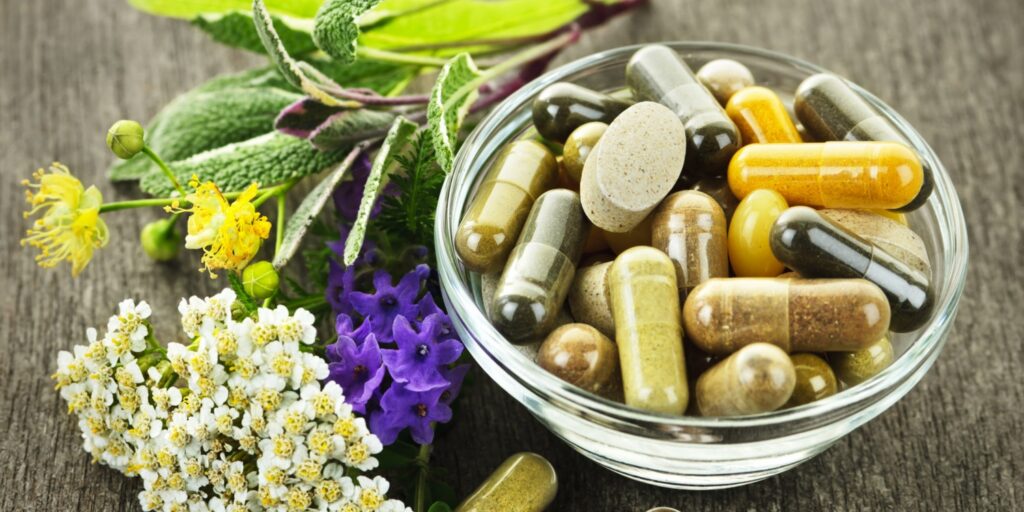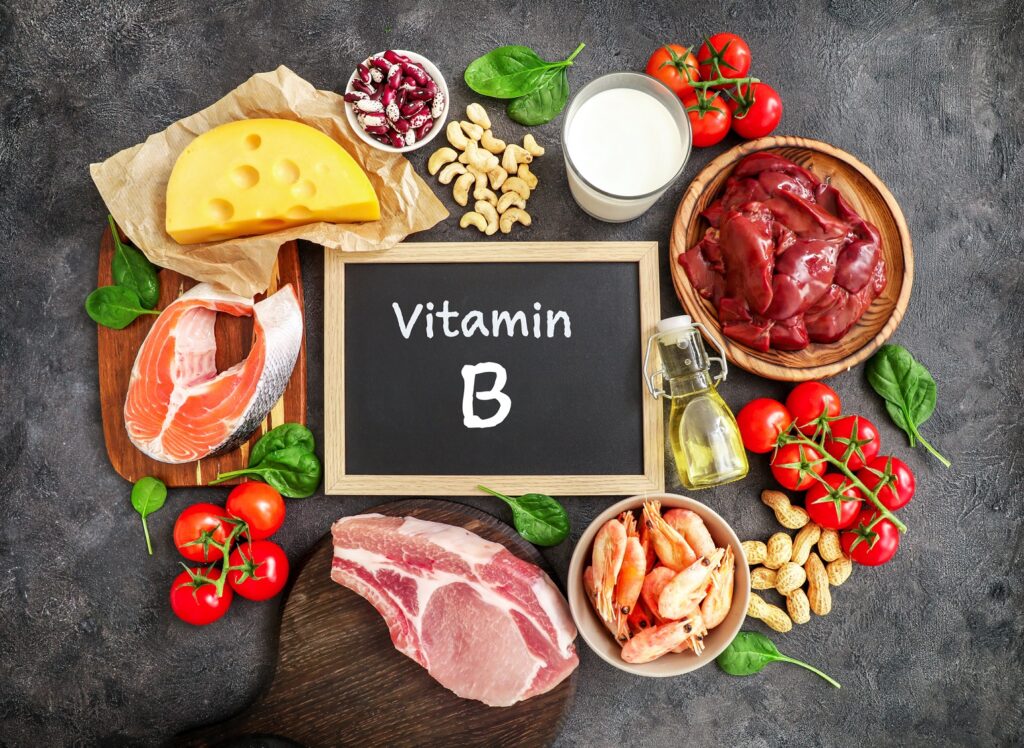How to Get More Vitamin E from Your Diet

Introduction to Vitamin E
Vitamin E is a crucial nutrient that acts as an antioxidant in the body, helping to protect cells from damage and supporting immune function. It’s important for skin health, vision, and overall well-being. While supplements are available, getting Vitamin E from natural dietary sources is often preferred for optimal absorption and health benefits.
Understanding Vitamin E: Types and Benefits
Types of Vitamin E
There are several forms of Vitamin E, but the most biologically active and commonly found in food are tocopherols and tocotrienols.
Benefits of Vitamin E
- Antioxidant properties that protect cells from damage
- Supports immune function
- Promotes skin health and wound healing
- Important for eye health and vision
- May have anti-inflammatory effects
Dietary Sources of Vitamin E
Natural Food Sources
Vitamin E is found in various foods, primarily in plant-based oils, nuts, seeds, and green leafy vegetables. Here are some excellent sources:
- Almonds
- Sunflower seeds
- Spinach
- Avocado
- Olive oil
Fortified Foods
Certain cereals, fruit juices, and spreads may be fortified with Vitamin E. Check labels for added nutrients.
Supplements
While dietary sources are preferred, supplements can provide Vitamin E. Consult a healthcare provider before starting supplementation.
Factors Affecting Vitamin E Absorption
Dietary Fat
Vitamin E is fat-soluble, meaning it is absorbed better when consumed with fats. Incorporate healthy fats like olive oil or avocado when eating Vitamin E-rich foods.
Cooking Methods
Cooking can reduce Vitamin E content, especially in oils. Use gentle cooking methods like steaming or stir-frying to minimize nutrient loss.
Storage Conditions
Exposure to light and air can degrade Vitamin E. Store oils and nuts in cool, dark places to maintain their nutritional value.
Recommended Daily Intake of Vitamin E
Age and Gender Recommendations
The recommended daily intake of Vitamin E varies by age and gender. For adults, it generally ranges from 15-30 mg per day.
Dietary Guidelines
Follow dietary guidelines from health authorities for optimal Vitamin E intake, balancing food sources with supplements if needed.
FAQs about Getting More Vitamin E from Your Diet
How much Vitamin E do I need daily?
The recommended daily intake of Vitamin E for adults is around 15 mg (22.4 IU). Pregnant and breastfeeding women may need slightly more.
What are the signs of Vitamin E deficiency?
Symptoms may include muscle weakness, vision problems, and impaired immune function. Severe deficiency is rare but can occur in certain medical conditions.
Can I get Vitamin E from animal-based foods?
While animal products contain small amounts of Vitamin E, the richest sources are plant-based oils, nuts, seeds, and vegetables.
Is Vitamin E better absorbed from supplements or food?
Vitamin E from natural food sources is generally better absorbed than from supplements, as it comes with other beneficial nutrients.
Are there any risks of consuming too much Vitamin E?
Excessive intake of Vitamin E from supplements may increase the risk of bleeding in some individuals. Stick to recommended doses unless advised otherwise by a healthcare professional.
Can Vitamin E help with skin health?
Yes, Vitamin E is known for its skin benefits. It helps protect skin cells from damage caused by free radicals and supports overall skin health and hydration.
What are some delicious recipes rich in Vitamin E?
Try adding almonds or sunflower seeds to salads, using avocado in smoothies, or cooking with olive oil to incorporate more Vitamin E into your meals.
Are Vitamin E supplements safe for children?
Children typically get enough Vitamin E from a balanced diet. Consult a pediatrician before giving supplements to children.
Does cooking affect Vitamin E content in foods?
Yes, prolonged heating and exposure to air can reduce Vitamin E levels in foods, particularly in oils and nuts. Opt for gentle cooking methods to preserve nutrients.
Can Vitamin E supplements interact with medications?
Yes, Vitamin E supplements can interact with certain medications, including blood thinners. Always check with your healthcare provider before starting any new supplements.

